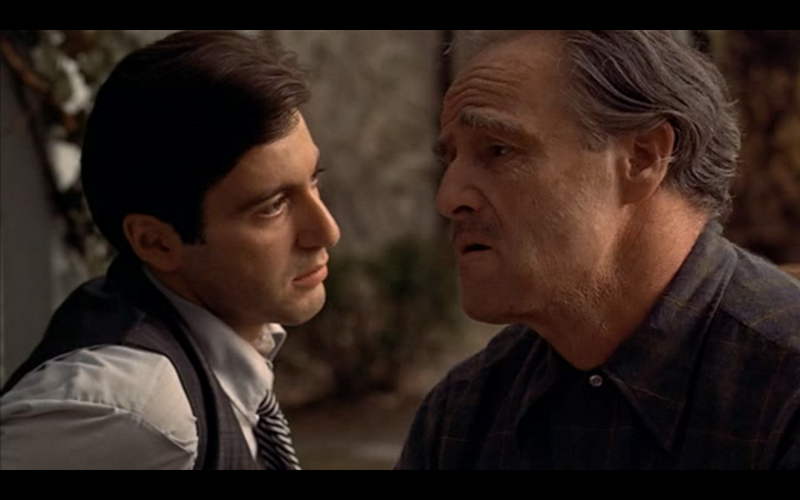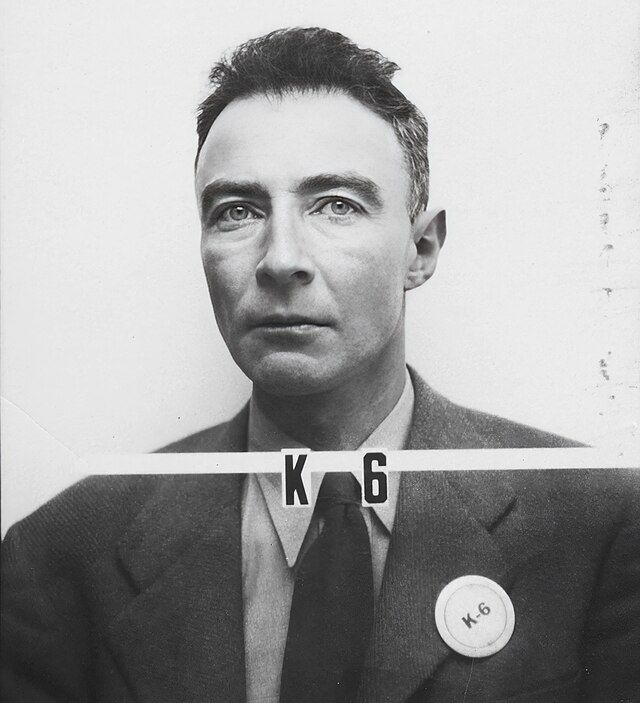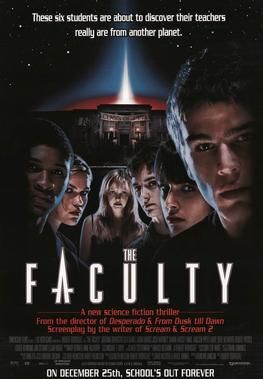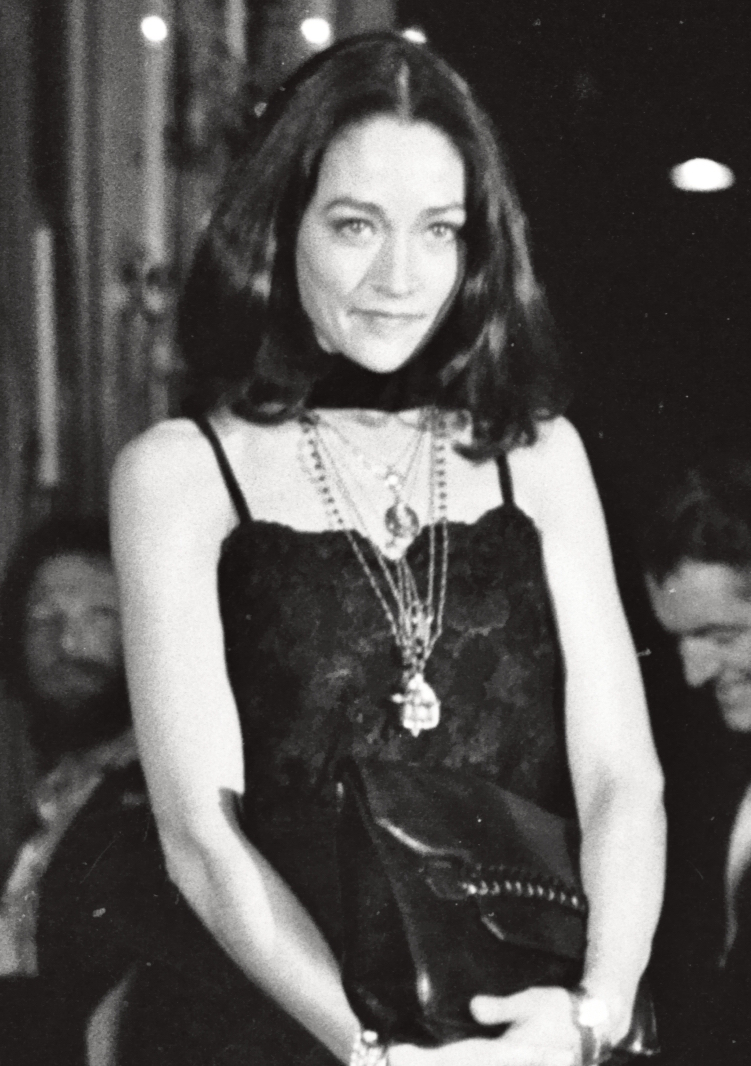
Olivia Hussey, the Argentine-born actress whose luminous portrayal of Juliet in Franco Zeffirelli’s iconic 1968 film adaptation of William Shakespeare’s tragedy propelled her to international stardom as a teenager, passed away on Friday, December 27th, at the age of 73. Her family confirmed her death, stating she died “peacefully at home surrounded by her loved ones,” a poignant announcement made via her official Instagram account. Hussey’s passing marks the conclusion of a life characterized by early and profound artistic achievement, a diverse career spanning several genres, and a later-life commitment to personal advocacy.
Hussey’s performance as Juliet, opposite the then 16-year-old British actor Leonard Whiting as Romeo, transcended mere acting; it captured the quintessential innocence and tragic passion of Shakespeare’s young lovers with a fresh authenticity. The film garnered significant critical acclaim, earning two Academy Awards and securing Hussey a Golden Globe for Best New Actress. Her indelible interpretation became a touchstone for the role, deeply influencing cinematic and academic perceptions of Shakespeare’s work, and becoming a beloved staple in high school English curricula across the globe.
Her professional journey extended well beyond this seminal role, encompassing a variety of characters in films and television series, from horror to historical dramas. Yet, the foundational experience of “Romeo and Juliet” remained a central, sometimes challenging, element of her public narrative. Decades after the film’s release, Hussey and Whiting initiated a lawsuit against Paramount Pictures concerning nude scenes filmed during their adolescence. This legal battle, although ultimately dismissed, underscored complex ethical discussions within the film industry regarding the protection of minor performers. Her passing provides an opportune moment for a comprehensive review of her enduring artistic contributions and the significant impact she left on both cinema and the cultural imagination.
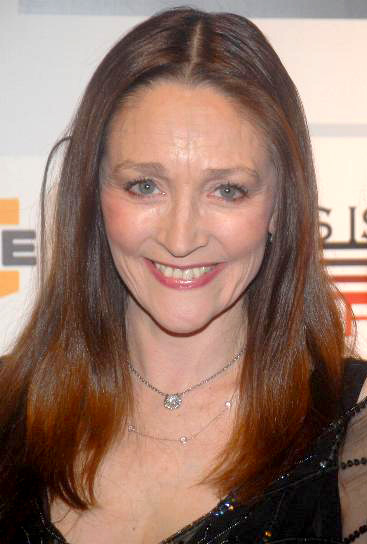
1. **Early Life and Education: From Buenos Aires to London’s Stage** Olivia Hussey’s early life, a blend of disparate cultures and influences, commenced in the bustling capital of Buenos Aires, Argentina, on April 17, 1951. Born Olivia Osuna, she was the daughter of Osvaldo Ribó, an acclaimed Argentine opera singer, whose artistic profession likely instilled in her an early appreciation for the dramatic arts. Her mother, Joy, an English-born legal secretary, provided a grounded counterpoint to her father’s more flamboyant career, creating a rich and complex environment for her upbringing.
A significant transition in her childhood occurred when, at the age of seven, her mother moved her and her younger brother to London. This relocation proved to be a pivotal juncture, immersing her in the vibrant cultural landscape of the United Kingdom, a place far removed from her South American origins. It was within this new environment that her inherent talents for performance began to crystallize, gradually guiding her towards a destiny on the stage and screen.
Her formal training in the performing arts commenced at the renowned Italia Conti Academy drama school. Here, she dedicated five crucial years to the rigorous discipline of acting, refining her skills in stagecraft, vocal projection, and emotional expression. The academy’s comprehensive curriculum, known for its emphasis on classical training, provided Hussey with a robust foundation that would serve her throughout her illustrious career, preparing her for the demanding roles that lay ahead.
By the age of 13, Olivia had already ventured onto the professional stage, taking her mother’s maiden name, Hussey, as her stage identity. This early foray into acting, prior to her cinematic breakthrough, demonstrated a precocious talent and an unwavering commitment to her chosen path. These foundational experiences in London, encompassing both structured academic training and practical theatrical engagement, were indispensable in shaping the skilled and charismatic actress who would soon captivate international audiences.

2. **Discovery by Franco Zeffirelli: The Fateful Encounter** The trajectory of Olivia Hussey’s burgeoning career took a dramatic and decisive turn through a fortuitous encounter with the acclaimed Italian director Franco Zeffirelli. Zeffirelli, renowned for his visually opulent and emotionally resonant adaptations, was meticulously searching for the ideal young actress to embody Juliet in his ambitious cinematic project. His vision for the film was to create what he intended to be the definitive cinematic version of the Shakespeare play, requiring actors who could credibly portray the youth and profound innocence of the star-crossed lovers.
The director’s exhaustive search led him to a London stage in 1966, where Hussey was performing in a West End production of “The Prime of Miss Jean Brodie.” In this play, she shared the stage with the distinguished actress Vanessa Redgrave, a prominent role that brought her to Zeffirelli’s direct attention. It was her compelling performance there, observed by the discerning eye of Zeffirelli, that convinced him he had discovered his Juliet amidst a sea of potential candidates.
Hussey, then merely 15 years old, possessed a captivating blend of youthful vulnerability, inherent grace, and a raw emotional depth that perfectly aligned with Zeffirelli’s artistic requirements for the character. Her stage presence, even at such a tender age, conveyed a sincerity and a luminous quality that promised to translate powerfully onto the big screen. This discovery was not merely a routine casting decision but a pivotal moment that would dramatically launch Hussey onto the global stage, transforming her from a promising drama student into an international film star almost overnight.
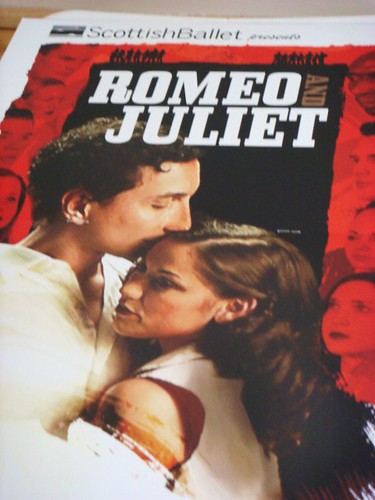
3. **Casting as Juliet: A Teenage Star’s Defining Role in “Romeo and Juliet” (1968)** Franco Zeffirelli’s decision to cast Olivia Hussey as Juliet was both a bold and ultimately brilliant strategic choice that significantly diverged from traditional Hollywood casting practices. At just 15 years old, Hussey was notably younger than most actresses typically considered for such a demanding lead role in a major cinematic production. However, her authentic youth was precisely what Zeffirelli sought, driven by a desire for unparalleled verisimilitude in his adaptation.
The director firmly believed that only genuine teenagers could convey the unadulterated passion, the poignant innocence, and the tragic impetuosity central to Shakespeare’s enduring narrative. To complement Hussey, he cast the British actor Leonard Whiting, who was 16 at the time, in the role of Romeo. Both were relatively unknown talents, a deliberate choice by Zeffirelli to ensure that no existing star personas would overshadow the pristine purity and tragic fate of the characters themselves. This approach ensured that audiences could fully immerse themselves in the world of Verona, experiencing the unfolding tragedy through the fresh, untainted eyes of its young protagonists.
The film, meticulously shot in various locations across Italy, introduced a new generation to Shakespearean tragedy with a visual splendor and an emotional intensity that set a new benchmark in cinematic adaptations. Hussey’s portrayal of Juliet was characterized by a delicate strength, a profound emotional range, and a captivating fragility that resonated deeply with viewers. It swiftly became the benchmark against which future interpretations of the character would often be measured, a performance that remains indelibly etched in cinematic memory as both authentic and profoundly moving, defining her early career.

4. **Critical Acclaim and Awards: A Golden Globe for Best New Actress** Upon its release in 1968, Franco Zeffirelli’s “Romeo and Juliet” was met with resounding critical acclaim and significant commercial success, firmly establishing itself as a cultural phenomenon. The film’s ambitious scope, breathtaking cinematography, and the captivating, heartfelt performances of its young leads resonated deeply with both film critics and the wider public, earning it a prestigious nomination for the Best Picture Oscar. Zeffirelli himself received an Academy Award nomination for Best Director, a testament to his masterful vision and meticulous execution of the classic play.
Despite the film’s multiple Academy Award nominations, including eventual wins for Cinematography and Costume Design, Olivia Hussey herself did not secure an Oscar nomination for her individual performance. This omission was notably attributed to occurring in a particularly strong year for actresses, a sentiment highlighted by the fact that Barbra Streisand ultimately won the main award for “Funny Girl.” Nevertheless, Hussey’s exceptional talent and the profound impact of her portrayal were widely recognized by other major awards bodies.
Hussey’s compelling and emotive performance as Juliet garnered her a David di Donatello prize, a highly respected Italian film award. More significantly, she was honored with a Golden Globe Award for Best New Actress in 1969. This prestigious accolade formally recognized her groundbreaking contribution to the film and unequivocally signaled her emergence as a formidable new talent within the international film industry. The Golden Globe win firmly solidified her burgeoning status, confirming that her portrayal was not merely a singular success but a powerful and critically lauded artistic achievement that left an indelible mark on cinematic history.
Read more about: The Indelible Reign of Prince: A Forbes Retrospective on the Musical Genius, Financial Acumen, and Cultural Impact of an Icon

5. **The Cinematic Impact of “Romeo and Juliet”: A New Generation’s Shakespeare** Beyond its immediate critical accolades and awards, Franco Zeffirelli’s 1968 adaptation of “Romeo and Juliet” exerted an unparalleled cultural influence, fundamentally reshaping how a new generation engaged with and understood Shakespeare. The film introduced the timeless tragedy to millions globally, particularly younger audiences, rendering the often-archaic language and centuries-old narrative remarkably accessible, emotionally resonant, and visually stunning. Its overwhelming success was also crucially important for Paramount Pictures, which was reportedly facing financial difficulties at the time, underscoring the film’s substantial commercial appeal and widespread popularity as a box office hit.
Zeffirelli’s innovative artistic choices, including his daring decision to cast age-appropriate, relatively unknown actors and his employment of lavish visual aesthetics, infused the classic play with an unprecedented level of vitality and immediacy. The film garnered widespread praise for its remarkable ability to bridge the historical gap between classic literature and modern cinematic storytelling, transforming what might have been perceived as dry school curriculum material into a vibrant, engaging, and deeply moving experience. For many, it quickly became the definitive visual representation of Shakespeare’s work, setting an exceptionally high bar for all subsequent adaptations.
The movie’s enduring legacy is powerfully reflected in its continued prominence as a cherished staple in high school English classes across the world, where it consistently serves as an engaging and effective introduction to Shakespeare for countless students year after year. It also created a certain notoriety for depicting Hussey topless, a moment that, while controversial and much discussed at the time, contributed to its reputation as a daring, authentic, and thoroughly modern interpretation. This blend of critical acclaim, educational utility, and controversial elements cemented its status not just as a film, but as a profound cultural phenomenon that powerfully conveyed the enduring power of Shakespearean romance through the potent medium of cinema. Notably, the film featured narration from an uncredited Laurence Olivier, further adding to its prestige.

6. **The Dismissal of the Lawsuit: Legal Battles Decades Later** The high-profile lawsuit filed by Olivia Hussey and Leonard Whiting against Paramount Pictures, alleging child abuse and fraud over the nude scenes in “Romeo and Juliet,” reached a significant and definitive turning point in 2023. A Los Angeles County judge ultimately dismissed the case, a decision that formally concluded a lengthy and emotionally taxing legal battle for the actors, occurring more than five decades after the film’s initial release. This dismissal represented a complex legal outcome, rooted in specific judicial findings regarding the nature of the scenes and the intricate details concerning the timing of the complaint.
The judge’s pivotal ruling determined that the depiction of the actors in the film could not legally be considered child pornography, directly addressing one of the central claims made by the plaintiffs. Furthermore, the court found that the pair had filed their claim too late, indicating that the lawsuit fell outside the established statute of limitations. Adding to the legal complexities, the judge stated that the scene, in its original and re-released forms, was not “sufficiently sexually suggestive” to warrant the claims, a finding that contrasted sharply with the plaintiffs’ allegations that the digitally enhanced rerelease explicitly depicted their private areas in “high detail.” A subsequent, second lawsuit filed by Hussey and Whiting was also dismissed in October 2023, reinforcing the legal stance.
Despite the definitive legal outcome, the lawsuit brought renewed and intense public attention to historical practices within the film industry, particularly concerning the protection and agency of minor actors. It ignited discussions about power dynamics on set and the long-term psychological effects of such experiences. Interestingly, in a 2018 interview with entertainment trade publication Variety, Hussey had previously offered a different perspective, stating that Zeffirelli had shot the nude scene tastefully. She also acknowledged that she and Whiting were “very aware” and took their work “very seriously,” coming from drama schools, suggesting a more nuanced view at that time. Whiting, reflecting on the daunting experience in 2023, noted how they deeply supported each other through the challenging period, underscoring the personal bond forged during the difficult filming. The dismissal, while a legal conclusion, did not diminish the ongoing public discourse surrounding the ethical responsibilities of filmmakers and studios when collaborating with young performers on sensitive content.

7. **Expanding Beyond Juliet: Early Post-Breakthrough Roles**After the monumental success of “Romeo and Juliet,” Olivia Hussey faced the daunting task of navigating Hollywood’s expectations while forging her own artistic path. The film’s immense popularity opened doors, yet also risked typecasting her permanently as the iconic Juliet. Her early choices reflected a desire to explore diverse narratives and demonstrate her versatility beyond the tragic romantic heroine.
One intriguing opportunity that arose was an offer from the legendary Hollywood producer Hal B. Wallis, known for his work on classics like “Casablanca.” He reportedly offered Hussey the title role in “Anne of the Thousand Days” (1969) and a co-starring role with John Wayne in “True Grit” (1969). These were significant prospects, showcasing the industry’s recognition of her burgeoning talent and star power.
However, in a candid moment that perhaps revealed her artistic independence, Hussey made an offhand remark that she “couldn’t see herself with Wayne.” This comment, while seemingly minor, led Wallis to pursue other actresses for the roles, illustrating the delicate balance between career ambition and personal artistic conviction that young stars often encounter. Instead of these major studio productions, she opted for projects that allowed her different creative avenues.
Her immediate follow-up roles included the British romantic drama “All the Right Noises” (1970), offering a contemporary contrast to her Shakespearean debut. She then ventured into international productions such as the Italian crime film “The Summertime Killer” (1972) and a remake of the musical fantasy “Lost Horizon” (1973). These early choices demonstrated a conscious effort to diversify her filmography, moving beyond the shadow of her defining role while continuing to hone her craft in various cinematic landscapes.
8. **Diverse Genre Explorations: From Horror to Historical Drama**As the 1970s progressed, Olivia Hussey continued to expand her acting repertoire, demonstrating a remarkable ability to transition between vastly different genres. Her choices often led her into more intense and dramatic roles, far removed from the innocent romance of Verona. This period marked a significant evolution in her career, showcasing a willingness to embrace challenging characters and explore darker themes.
A notable turn came with the 1974 cult Canadian slasher movie “Black Christmas,” directed by Bob Clark. In this pioneering horror film, Hussey portrayed Jess Bradford, a sorority sister terrorized in her house. This role cemented her recognition as a “scream queen,” a title often bestowed upon actresses who become iconic figures in the horror genre. Her performance added depth to the suspense, making her a memorable presence in the burgeoning slasher film landscape.
In a striking contrast to the chills of “Black Christmas,” Hussey reunited with her “Romeo and Juliet” director Franco Zeffirelli for a vastly different project: the international and epic 1977 miniseries “Jesus of Nazareth.” Here, she took on the revered role of Mary, the mother of Jesus, once again delivering an angelic and emotionally profound portrayal. This collaboration underscored a lasting professional bond with Zeffirelli and showcased her capacity for spiritual and historical drama.
The diversity of her roles continued in 1978 with an appearance in the acclaimed adaptation of Agatha Christie’s “Death on the Nile.” Directed by John Guillermin, Hussey played the sulky Rosalie Otterbourne, the daughter of Angela Lansbury’s character. This mystery film allowed her to work within an ensemble cast alongside a roster of established stars, further solidifying her presence in high-profile productions and highlighting her range as an actress capable of inhabiting complex supporting characters.
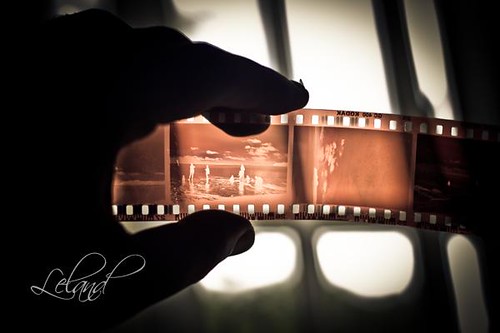
9. **Later Film and Television Appearances: A Spanning Career**Olivia Hussey’s career continued to evolve through the 1980s and into the new millennium, with a steady stream of roles across film and television that further underscored her versatility. She navigated various independent and international productions, ensuring a consistent presence on screen even as Hollywood’s landscape shifted. This phase of her career saw her embracing roles that showcased her mature acting skills.
The early 1980s saw her in films such as “The Man With Bogart’s Face” (1980), a neo-noir homage, and the Japanese sci-fi epic “Virus” (1980). She also appeared in a remake of “Ivanhoe” (1982) and the Australian horror film “Turkey Shoot” (1982), demonstrating her continued interest in diverse genres and international projects. These roles often placed her in intense, character-driven narratives, allowing her to explore a broader spectrum of human experience.
The 1990s brought her back to the horror genre, further cementing her “scream queen” status. She played the mother of Norman Bates in “Psycho IV: The Beginning” (1990), a prequel storyline that added another iconic layer to her filmography. Also in 1990, she portrayed Audra, the wife of Richard Thomas’s character Bill Denbrough, in the Stephen King miniseries “It” for ABC, bringing her dramatic intensity to a supernatural horror classic. She also starred in “The Jeweller’s Shop” (1988).
Following a period where she took a break to raise her youngest daughter, India, Hussey returned to feature films with projects such as the biographical film “Mother Teresa of Calcutta” (2003), where she once again portrayed a revered spiritual figure. She also appeared in the thriller “El Grito” and the comedy “Tortilla Heaven” in the early 2000s. These later roles showcased her enduring presence and adaptability across different cinematic styles and emotional registers.
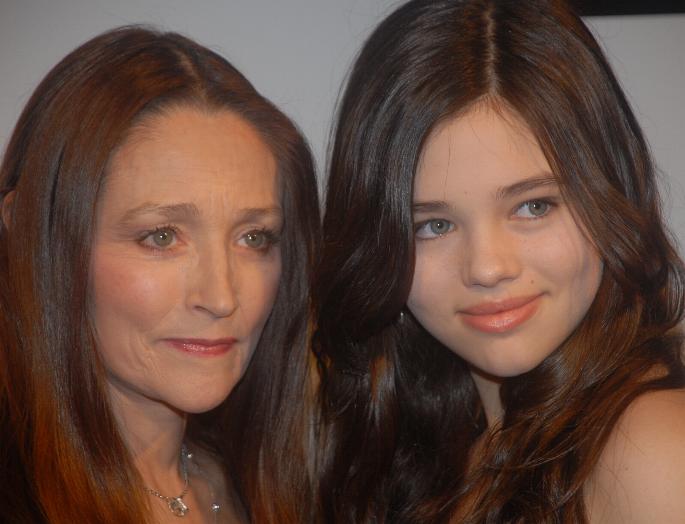
10. **Voice Acting and Renewed Collaborations**Beyond her extensive live-action career, Olivia Hussey also lent her distinctive voice to the burgeoning world of video games, carving out a niche in a new form of storytelling. This foray into voice acting demonstrated her willingness to adapt to evolving media landscapes and utilize her talent in innovative ways, further broadening her artistic reach. Her vocal work added another dimension to her already diverse career.
She became a recognizable voice in several popular franchises, contributing to “Star Wars,” “Batman,” and “Superman” video games. This involvement allowed her to engage with iconic characters in a different medium, appealing to a new generation of fans while showcasing her expressive vocal range. It was a testament to her enduring appeal and her capacity to embrace modern forms of entertainment.
In a poignant full-circle moment, Hussey reunited with her “Romeo and Juliet” co-star Leonard Whiting for the 2015 British film “Social Suicide.” This contemporary take on the classic love story loosely based its narrative on “Romeo and Juliet” and was set in the social media era. In the film, Hussey and Whiting portrayed the Capulet parents, with Hussey’s own daughter, India Eisley, playing their daughter, Julia Coulson.
This reunion with Whiting, decades after their shared experience, was a significant event, bringing together the iconic duo who had once embodied Shakespeare’s young lovers. It underscored the lasting bond forged during their formative years in “Romeo and Juliet” and offered audiences a chance to see them collaborate again, albeit in vastly different roles. It was a heartfelt nod to their shared history, closing a significant chapter of their joint cinematic journey.
Read more about: Françoise Hardy’s Enduring Influence: A Look at the Life and Legacy of a French Pop Icon
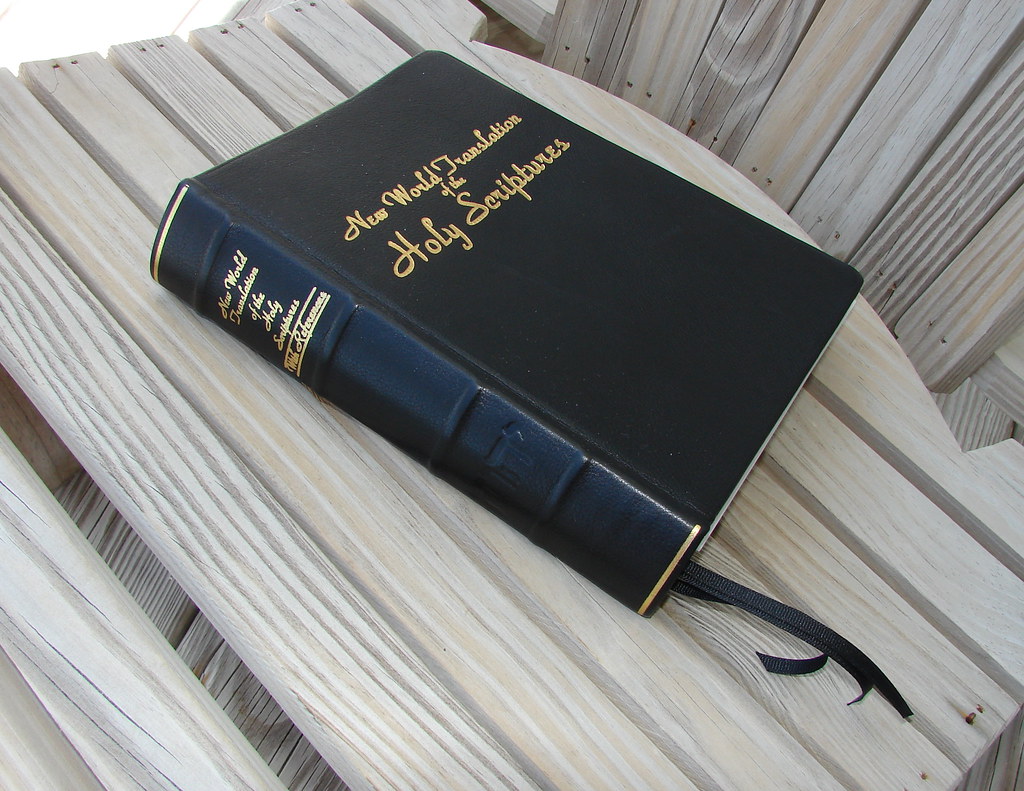
11. **Later Life: Memoir, Advocacy, and Reflections on Her Past**In her later years, Olivia Hussey engaged in endeavors that extended beyond acting, offering deeper insights into her personal journey and convictions. She embraced opportunities for introspection and advocacy, sharing her experiences and passions with the world, and solidifying her role not just as an actress but as a thoughtful individual committed to causes she held dear.
In 2018, Hussey released her memoir, “The Girl on the Balcony: Olivia Hussey Finds Life After Romeo and Juliet.” This book provided a personal account of her life, navigating the complexities of early stardom, the challenges of typecasting, and her enduring search for identity beyond her most famous role. It offered fans an intimate look into the woman behind the iconic Juliet, revealing her reflections on a career shaped by both triumph and tribulation.
Throughout her life, Hussey also pursued a deep personal passion for animal welfare, becoming an outspoken advocate for animal rights. Her Instagram tributes and family statements consistently highlighted her “kindness towards animals,” indicating a profound commitment to this cause. This philanthropic engagement demonstrated a compassionate spirit, extending her warmth and pure kindness beyond her immediate circle to the wider world of animal protection.
Interestingly, the public discourse surrounding the nude scenes in “Romeo and Juliet” saw varied perspectives from Hussey over time. In a 2018 interview with *Variety*, she had stated that director Zeffirelli “had shot the nude scene tastefully,” adding that she and Whiting were “very aware” and took their work “very seriously,” having come from drama schools. This earlier statement provided a nuanced contrast to the later lawsuit, reflecting the complexities of memory, perception, and evolving understanding over decades.
Read more about: Robert Jay Lifton: A Psychiatrist’s Profound Journey Into Humanity’s Extreme Situations and the Quest for Understanding Evil, Dead at 99
12. **A Legacy of Enduring Impact and Personal Strength**Olivia Hussey’s passing prompted a flood of tributes from across the entertainment industry and from her co-stars, underscoring the profound and lasting impact she had on those who knew her and worked alongside her. These heartfelt messages painted a picture of a beloved actress whose influence extended far beyond her cinematic achievements, highlighting her personal qualities and resilience.
Leonard Whiting, her Romeo, offered a particularly moving tribute, stating, “Rest now my beautiful Juliet no injustices can hurt you now. And the world will remember your beauty inside and out forever.” This powerful statement not only acknowledged their enduring bond but also hinted at the emotional toll of the controversies she faced, offering a sense of peace and validation in her memory.
Other actors also shared their admiration and sorrow. Frances Fisher commented that “our Juliet made an indelible memory forever,” capturing the timeless quality of Hussey’s most iconic role. Cary Elwes described her as “a beautiful soul,” echoing the sentiment of warmth and kindness expressed by her family. These tributes collectively emphasized her artistic contribution and the positive personal impression she left on her colleagues.
In her later years, Hussey faced significant health challenges, having been first diagnosed with breast cancer in 2008. Her family’s announcement of her peaceful passing “at home surrounded by her loved ones” reflected a life lived with grace and strength, even in the face of adversity. This quiet dignity in her final moments stood as a testament to her personal fortitude and the deep love she shared with her family.
Read more about: The Archangel Michael: An Enduring Saga of Divine Roles and Reverence Across Abrahamic Faiths
13. **A Life Remembered: The Final Chapter**Olivia Hussey’s extraordinary journey through life concluded on Friday, December 27th, at the age of 73, a passing announced with poignant reverence by her family. Her death marked the end of a remarkable era for an actress who, as a teenager, captivated the world as Juliet and continued to enrich cinema with her diverse portrayals and profound presence.
The statement posted to her official Instagram account confirmed she died “peacefully at home surrounded by her loved ones,” a detail that speaks volumes about the comfort and support she found in her final moments. It beautifully encapsulated the essence of a woman who was cherished by her immediate family, including her husband David Glen Eisley, her three children — Alex, Max, and India — and her grandson, Greyson.
Her family’s tribute eloquently summarized her spirit, stating, “Olivia was a remarkable person whose warmth, wisdom, and pure kindness touched the lives of all who knew her.” They emphasized her life “full of passion, love, and dedication to the arts, spirituality, and kindness towards animals,” creating a holistic portrait of a multifaceted individual whose contributions extended beyond the silver screen.
As the world remembers Olivia Hussey, it celebrates not only her iconic performance as Juliet but also her expansive career, her courage in facing legal battles, and her unwavering compassion. She leaves behind a legacy of love, artistry, and a deep, lasting impact on the industry and the hearts of her admirers. Her portrayal of Juliet will forever remain a beacon of youthful passion, a testament to her unique talent and the enduring power of classic storytelling.
Read more about: A Legacy Resonates: Irv Gotti, Hip-Hop Architect and Murder Inc. Co-Founder, Dies at 54
Olivia Hussey’s journey, from a young girl in Buenos Aires to an international star, was one marked by both luminous success and profound challenges. Her indelible portrayal of Juliet remains a cultural touchstone, but her legacy encompasses far more than that singular role. It speaks to a career of diverse artistic exploration, a spirit of resilience in the face of controversy, and a heart dedicated to family, spirituality, and compassion. As the final curtain falls on her remarkable life, Olivia Hussey leaves behind a body of work that continues to inspire and remind us of the timeless power of human connection, both on screen and off.




